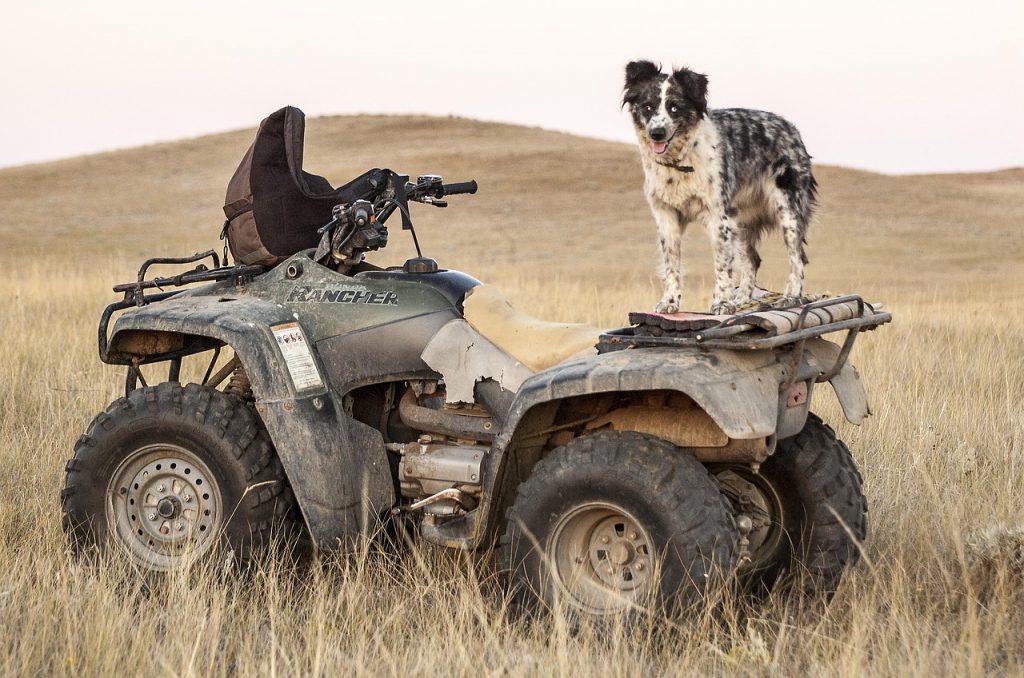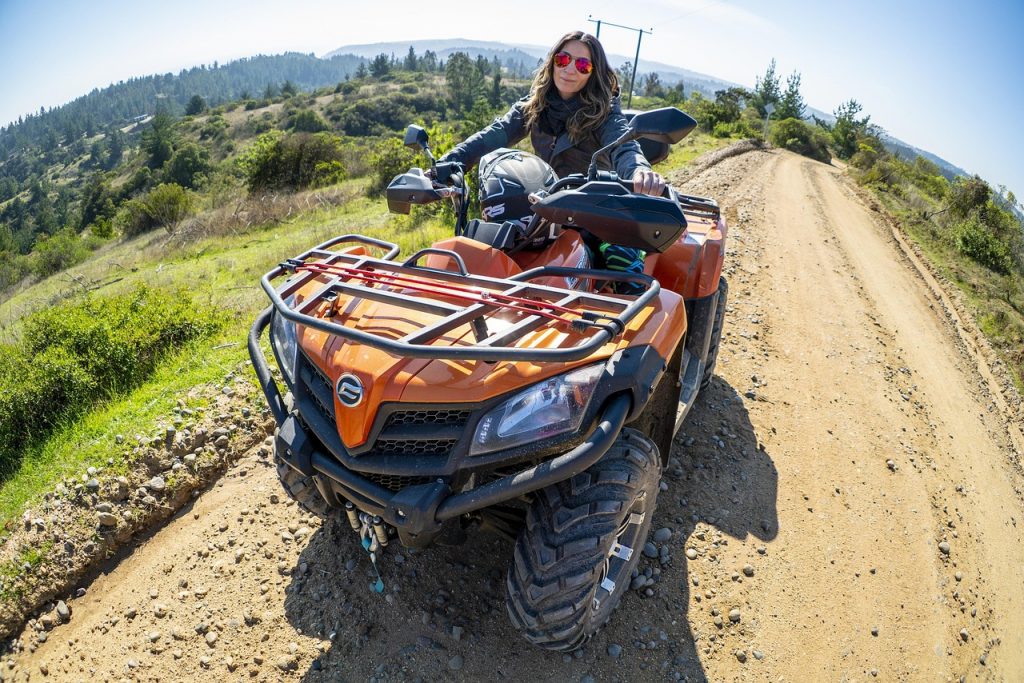These bikes meet federal and state requirements for highway use, including lighting, mirrors, turn signals, and emissions compliance, qualifying them under motorcycle classification, not ATV or recreational use, according to the U.S. Department of Transportation..
Is a 49cc Dirt Bike Legal to Drive Around Without a License and No Registration?
Despite their small engine size, 49cc dirt bikes are not always exempt from registration and licensing. Most states classify them as mopeds or motor-driven cycles, which require:
- A valid driver’s license
- Vehicle registration
- Possibly insurance, depending on the jurisdiction
In nearly all U.S. states, a 49cc bike is not considered a toy or exempt vehicle if operated on public roads, according to DMV.org and the National Highway Traffic Safety Administration. Riders must check with local DMV guidelines to determine exact requirements.
Does California Require Registration for Off-Road Dirt Bikes and ATVs, or Just Street Legal Versions?
California maintains a dual registration system:
- Street-legal bikes require full motorcycle registration and a license plate.
- Off-road bikes and ATVs require a Green Sticker or Red Sticker (based on emissions compliance) for trail use (, according to the California DMV and California State Parks OHV Program).
If your dirt bike is plated and street-legal, you do not need an OHV sticker. However, non-street-legal bikes must have the appropriate off-road registration to be used on public lands and designated trails.
4 Wheeler Registration
4-wheelers (ATVs) are generally considered off-road vehicles and require OHV registration or a state-specific off-road decal for use on trails and private land, according to state DMV websites such as Arizona, Montana, and Florida.
However, if you want to operate your 4-wheeler on public roads, it must be:
- Converted to meet DOT and state safety standards
- Titled and insured
- Registered with plates through a process that varies by state
Without this, operating a 4-wheeler on public roads — even briefly — is typically compliant, according to the National Conference of State Legislatures.
Off-Road Legends, On-Road Possibilities
Utility Terrain Vehicles (UTVs) have earned a top spot in the off-road world, praised for their versatility, safety, and power. Most UTVs seat two to four passengers, although six-seaters are also available. These machines blend rugged design with functional utility — including robust roll cages and large cargo capacities — making them a favorite for both recreational riders and landowners.
And yes, many UTVs can be made street-legal with the right modifications.

Is It Legal for Me to Ride My Small ATV Around My Neighborhood? If I Use Appropriate Hand Signals, Street Laws, and Safety?
No. Even with proper signaling and safe driving practices, riding an ATV in residential neighborhoods or on public roads is not compliant unless the ATV is officially converted and registered for street use, according to the Insurance Institute for Highway Safety.
Most jurisdictions prohibit ATVs on public streets unless:
- The ATV has been made road compliantl through a conversion process
- It is titled and plated
- The rider carries proper insurance and a license
Using hand signals or staying in your neighborhood does not exempt you from these laws. In many areas, this is considered an operation of a non-road vehicle on public roadways, according to local DMV regulations and law enforcement agencies.
If you’re unsure about what registration your dirt bike, ATV, or dual-sport needs — or you’re stuck with an off-road-only title and want to make it road-ready — Dirt Legal is here to help.
We specialize in making off-road vehicles 100% street-legal, regardless of where you live. That includes:
- ATVs
- UTVs
- Dirt bikes
- Dual-sport conversions
- Title recovery for untitled vehicles
Start your road-legal journey here: dirt-legal.com



